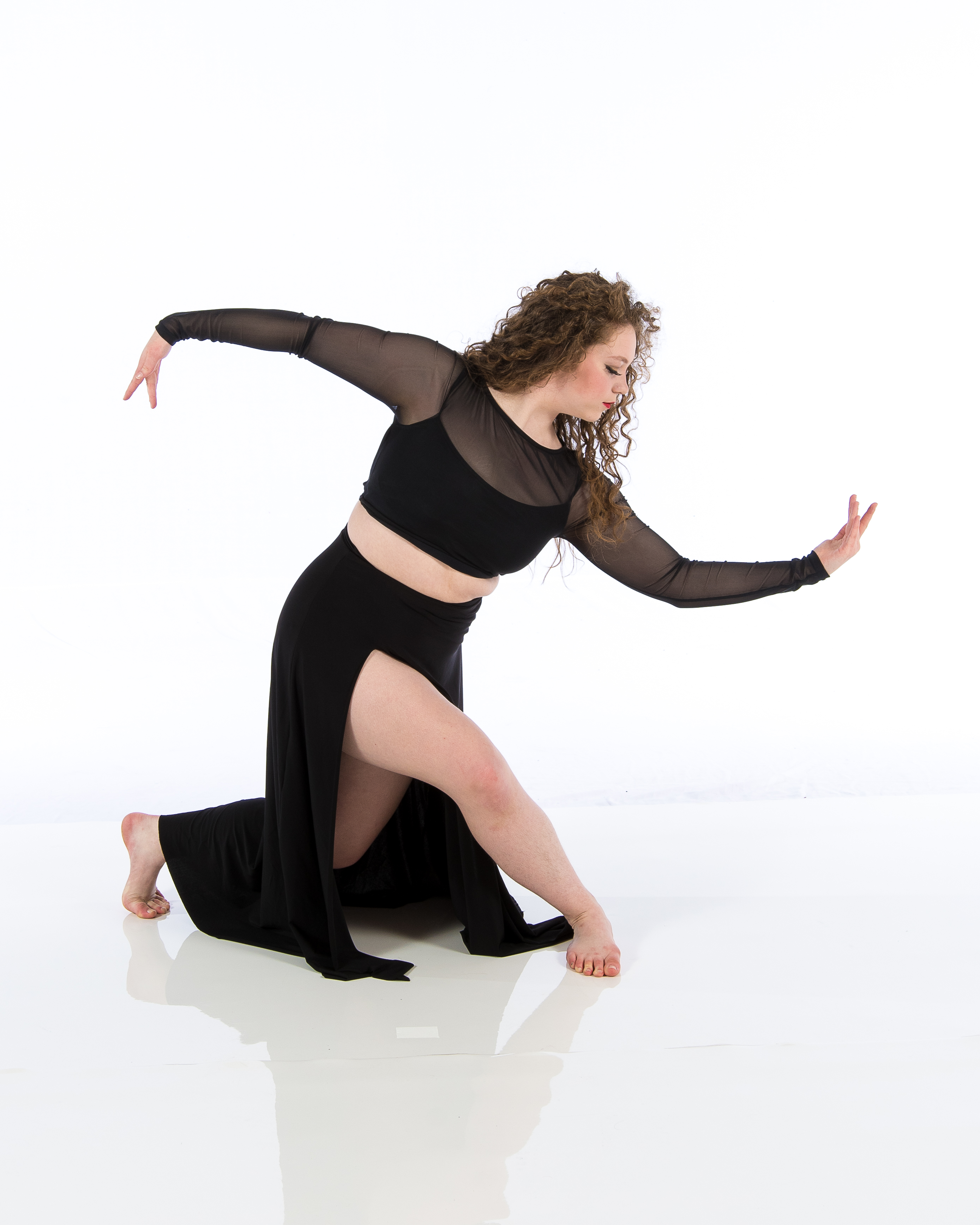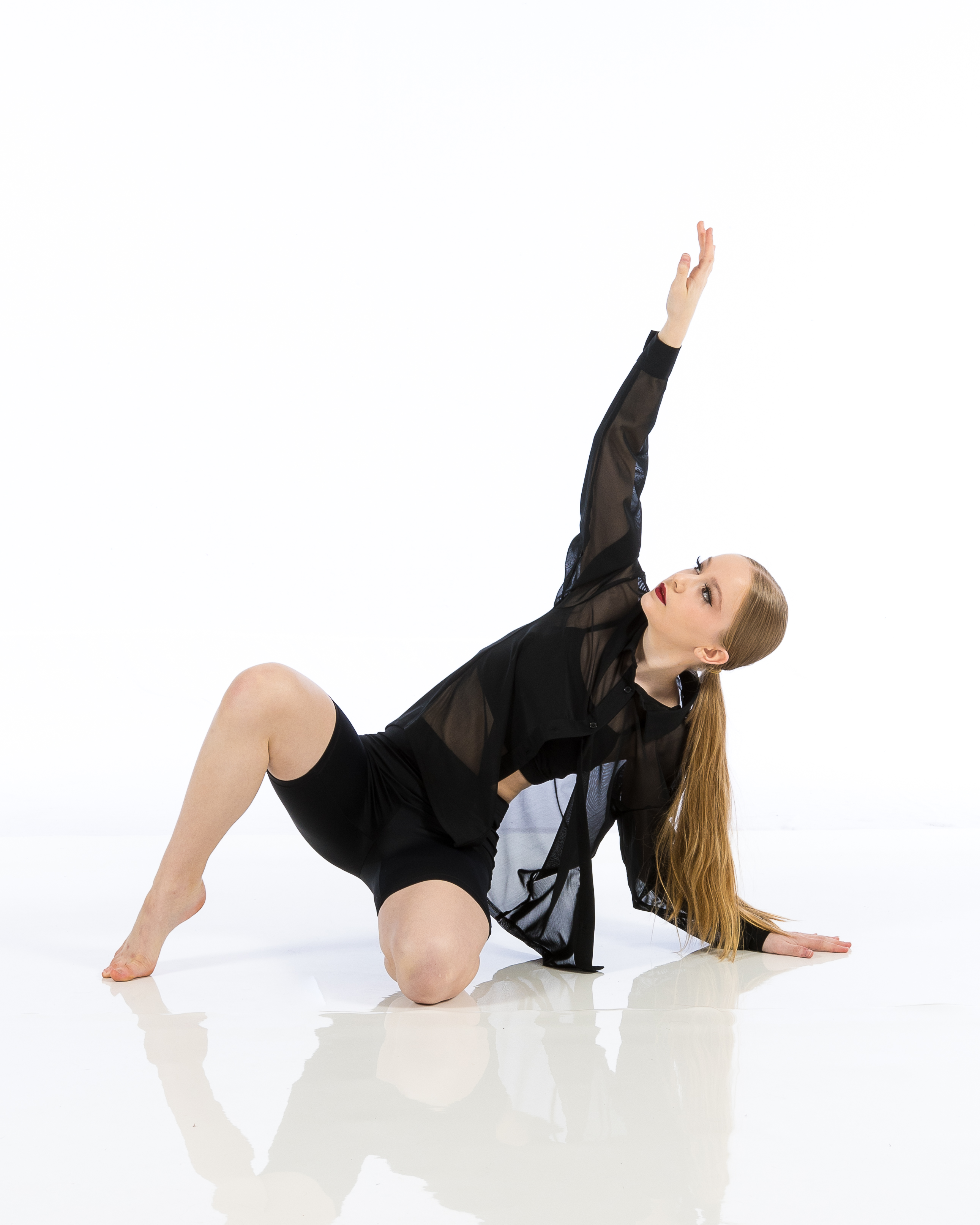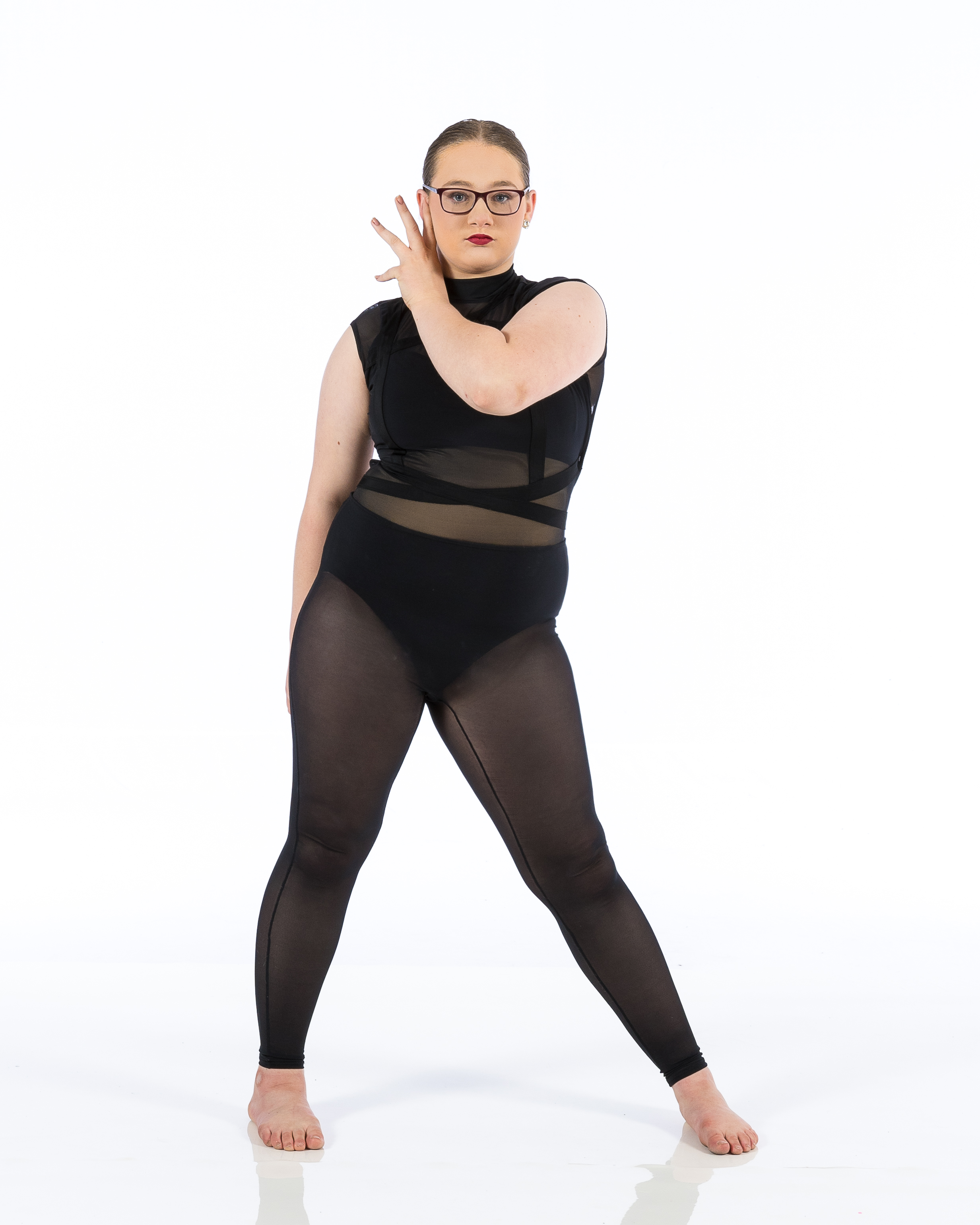Introduction
Hip hop dance is more than just a series of movements; it’s a visceral expression of emotions, stories, and culture. This dance form, originating from the streets, has evolved into a powerful medium for artists to communicate their innermost feelings. In this article, we’ll dive deep into how hip hop dance serves as a conduit for emotional expression and explore ballet dance studio its ties to the broader realm of expressionism in the arts.
Understanding Hip Hop Dance
What is Hip Hop Dance?
Hip hop dance is a dynamic style that encompasses various forms such as breakdancing, locking, and popping. It emerged in the 1970s within African American and Latino communities in New York City. Characterized by its high energy, improvisational nature, and rhythmic flair, hip hop has become a global phenomenon that transcends cultural boundaries.
The Evolution of Hip Hop Dance
From its inception in urban neighborhoods to mainstream recognition through television shows and competitions, hip hop dance has undergone significant evolution. Originally rooted in social gatherings and block parties, it has now morphed into an art form celebrated worldwide.
The Core Elements of Hip Hop Dance
- B-boying: Also known as breakdancing; involves intricate footwork and acrobatic moves. Popping: A technique that creates sudden jerking motions in rhythm with music. Locking: A style characterized by quick movements followed by pauses or "locks." Krumping: An expressive style marked by aggressive movements to convey emotion.
Emotional Connection in Hip Hop Dance
Hip hop dance is not just about the physicality but also about connecting deeply with one’s emotions. Dancers often channel their feelings—be it joy, pain, or frustration—into their movements.
Exploring Emotions Through Movement: HIP HOP and Expressionism
The Intersection of Dance and Emotion
Dance has long been recognized as a powerful medium for expressing emotions. In the realm of hip hop, this connection becomes even more profound. Each movement can tell a story or convey an emotional state without uttering a single word. For many dancers, this form of expression is liberating—it provides an outlet for feelings that may be difficult to articulate verbally.
Expressionism in Art: A Brief Overview
Expressionism emerged as an art movement in the early 20th century focused on representing emotions rather than physical reality. Artists sought to express their inner feelings through distorted forms and exaggerated colors. Similarly, hip hop dance embodies this spirit of expressionism through its fluid movements and storytelling elements.
How Hip Hop Reflects Personal Experiences
Dancers often draw inspiration from their life experiences when performing hip hop routines. Moments of struggle, triumph, love, or loss can all find their way into choreography. This personal connection enhances the emotional depth of performances.
The Role of Music in Hip Hop Dance
How Beats Influence Movement
The beats and rhythms inherent in hip hop music play a pivotal role in shaping dance styles. The tempo can dictate whether dancers move smoothly or sharply; hence understanding music is crucial for every dancer.
Lyricism's Impact on Expression
Lyrics often tell stories or address societal issues that resonate with dancers. Engaging with these narratives allows performers to connect more deeply with their movements.

Cultural Significance of Hip Hop Dance
Hip Hop as a Voice for Marginalized Communities
Historically rooted in marginalized communities, hip hop serves as a voice for those often unheard. Through dance, individuals can share their realities with others—creating awareness around social justice issues.
Global Influence of Hip Hop Culture
Hip hop has spread far beyond its origins in New York City; today it influences cultures worldwide—from South Korea to Brazil. This global reach facilitates cross-cultural dialogue about identity and emotion.
Facets of Expressive Movement in Hip Hop Dance
Improvisation: Spontaneity Meets Emotion
Improvisation is fundamental to hip hop dancing; it allows dancers to express themselves spontaneously based on how they feel at that moment. Whether during battles or cyphers (informal gatherings), improvisation showcases raw emotion uniquely.
Choreography: Crafting Emotional Narratives
While improvisation captures spontaneity, choreography enables dancers to craft intricate stories through structured sequences. Combining both techniques offers a comprehensive emotional exploration within performances.
Psychological Benefits of Dancing Hip Hop
Dance as Therapy: Healing Through Movement
Engaging with hip hop provides therapeutic benefits for many individuals facing emotional challenges. The act itself can serve as catharsis—a means to release pent-up feelings constructively.
Building Self-Esteem Through Performance
Performing hip hop allows individuals to embrace vulnerability while building confidence—a crucial aspect of emotional health.

FAQs About Exploring Emotions Through Movement: HIP HOP and Expressionism
1. How does hip hop dance help express emotions?
Hip hop dance allows individuals to convey complex feelings through movement patterns that resonate personally with them.
2. Can anyone learn hip hop dancing?

3. Is there any specific attire required for practicing hip-hop?
While there's no strict dress code, comfortable clothing that allows freedom of movement is recommended—think loose-fitting tops paired with sneakers!
4. Are there different styles within hip-hop?
Yes! Styles include breaking (b-boying), locking/popping & krumping among others—all unique yet partaking equally within the larger genre umbrella!
5.What kind of music do you typically use for practicing?
Hip-hop songs featuring strong beats are often favored since they provide rhythm cues essential for coordinating steps effectively!
6.Can I express personal experiences through my choreography?
Definitely! Many find incorporating personal narratives into routines enriches performance quality while fostering authenticity which resonates strongly with audiences!
Conclusion
Exploring emotions through movement via hip-hop encapsulates an incredible journey where personal experiences intertwine with artistic expression. It highlights how powerful bodies can be when communicating unspoken words—the heartbeats behind every step echo universal stories shared across cultures globally! So whether you're hitting the floor yourself or simply appreciating artistry showcased on stages everywhere—remember there’s always something deeper waiting beneath each groove waiting patiently for someone brave enough (like YOU) willing enough dive into uncharted waters exploring what makes us human together!